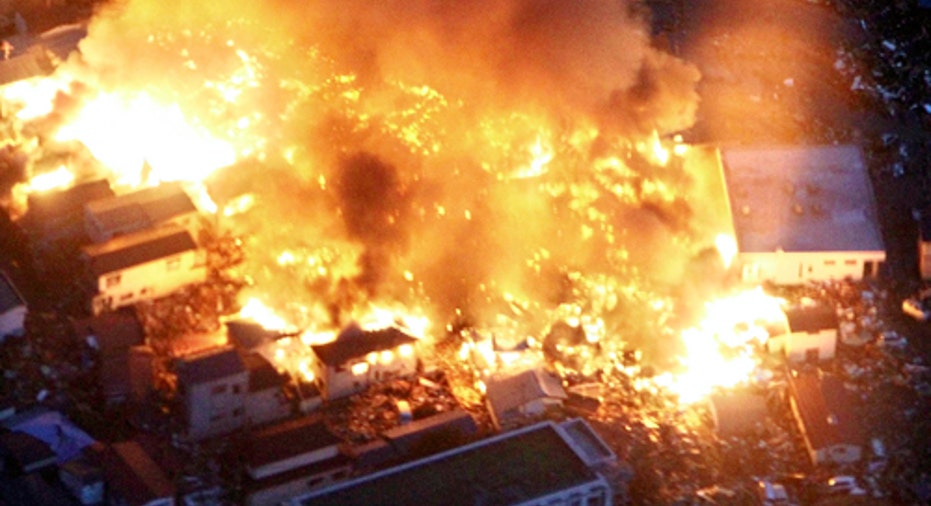Providing Relief to Japan Without Getting Scammed

Last Friday’s magnitude 8.9 earthquake and deadly tsunami caused thousands of deaths and horrific destruction throughout Japan. There is no doubt Americans will be opening their wallets to give to the shaken nation, but how can donors choose the right charity to which to donate and avoid being scammed?
Ken Berger, president and CEO of Charity Navigator said it is common for scams to pop up in the aftermath of a major disaster such as this. For this reason it is even more important for donors to do their research before giving to any organization.
“Scams proliferate in this kind of situation because a lot of money is moved very quickly,” Berger said.
Scammers often create charities that don’t exist, or have similar names to other charities that are reputable to dupe donors into contributing, he said. First and foremost, donors should never give money over the phone—even if a charity sounds promising.
“Go online first, and make sure it is a registered charity, or 501c3 organization,” Berger said. “The same rules apply when it comes to emails—be wary of email solicitations. The bottom line is to do a bit of research, don’t immediately give.”
Those looking to make money off of scams may also pose as charity representatives on the street, he said, just as easily as they will create a false organization or solicit money over the phone. Even then, take their information and do some checking online, Berger said.
While many may believe that texting in their donations is the fastest way to give, donating online is even quicker. Text-to-give campaigns often take up to 90 days to process payment and get it into the charity’s hands, he said.
As for choosing the right charity, Berger said that giving to long-established charities is always a good place to start. In the case of donating for Japanese relief, going with a charity that has been working on the ground in that country for a long time, like the American Red Cross, is also important. For a list of organizations doing relief work in Japan, click here.
Finally, Berger said that donors should remember that in disaster situations cash is king. It may feel good to donate food, supplies and clothing, but these items can’t always get quickly into the hands of those most in need, and can get stuck in the states or on a runway for long periods of time before being delivered.
“Cash gives a charity the flexibility to purchase things on the ground,” he said.



















